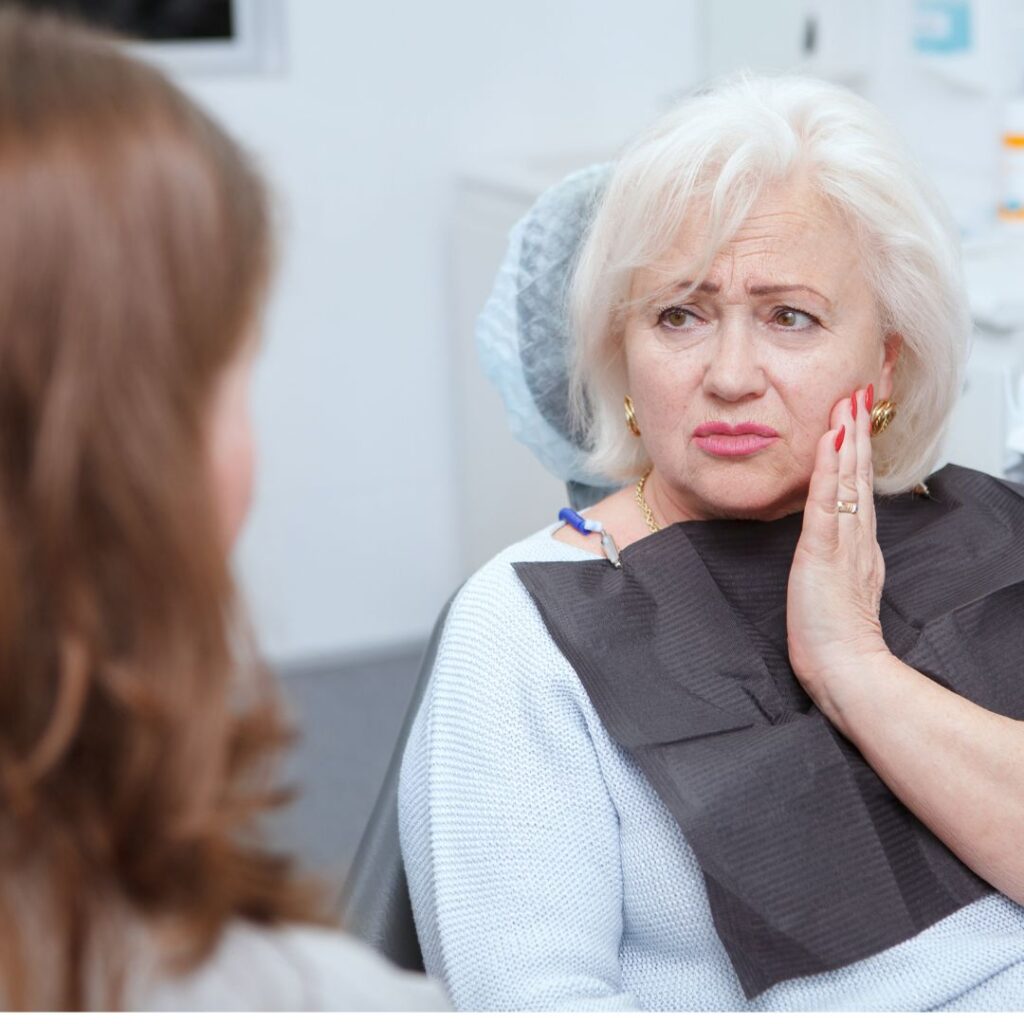Aging and Dental Health

The demographic of older adults (i.e., 65 years of age and older) is growing and likely will be an increasingly large part of dental practice in the coming years.
- Although better than in years past, the typical aging patient’s baseline health state can be complicated by comorbid conditions (e.g., hypertension, diabetes mellitus) and physiologic changes associated with aging.
- Older adults may regularly use several prescription and/or over-the-counter medications, making them more vulnerable to medication errors, drug interactions or adverse drug reactions.
- Potential physical, sensory, and cognitive impairments associated with aging may make home oral health care and patient education/communications challenging.
- Dental conditions associated with aging include dry mouth (xerostomia), root and coronal caries, and periodontitis; patients may show increased sensitivity to drugs used in dentistry, including local anesthetics and analgesics.
Oral Health Care for the Elderly
Elderly patients with severe cognitive impairment, including dementia, are at increased risk for caries, periodontal disease, and oral infection because of decreased ability to engage in home oral care. Education of the caregiver, as well as the patient, is an important part of the prevention and disease management phase of dental care.
Communication during the dental appointment may be challenging when the older adult has cognitive impairments. It is recommended that the number of people, distractions, and noise in the operatory be minimized when providing care to a patient with dementia, although a trusted caregiver in the room may provide reassurance to the patient. Patients should be approached from the front at eye level and use of nonverbal communication, such as smiling and eye contact, is important. The dentist should begin the conversation by introducing himself or herself. Because a patient with cognitive limitations may become overwhelmed by information easily, instructions should be simple and sentences short, such as, “Please open your mouth.”